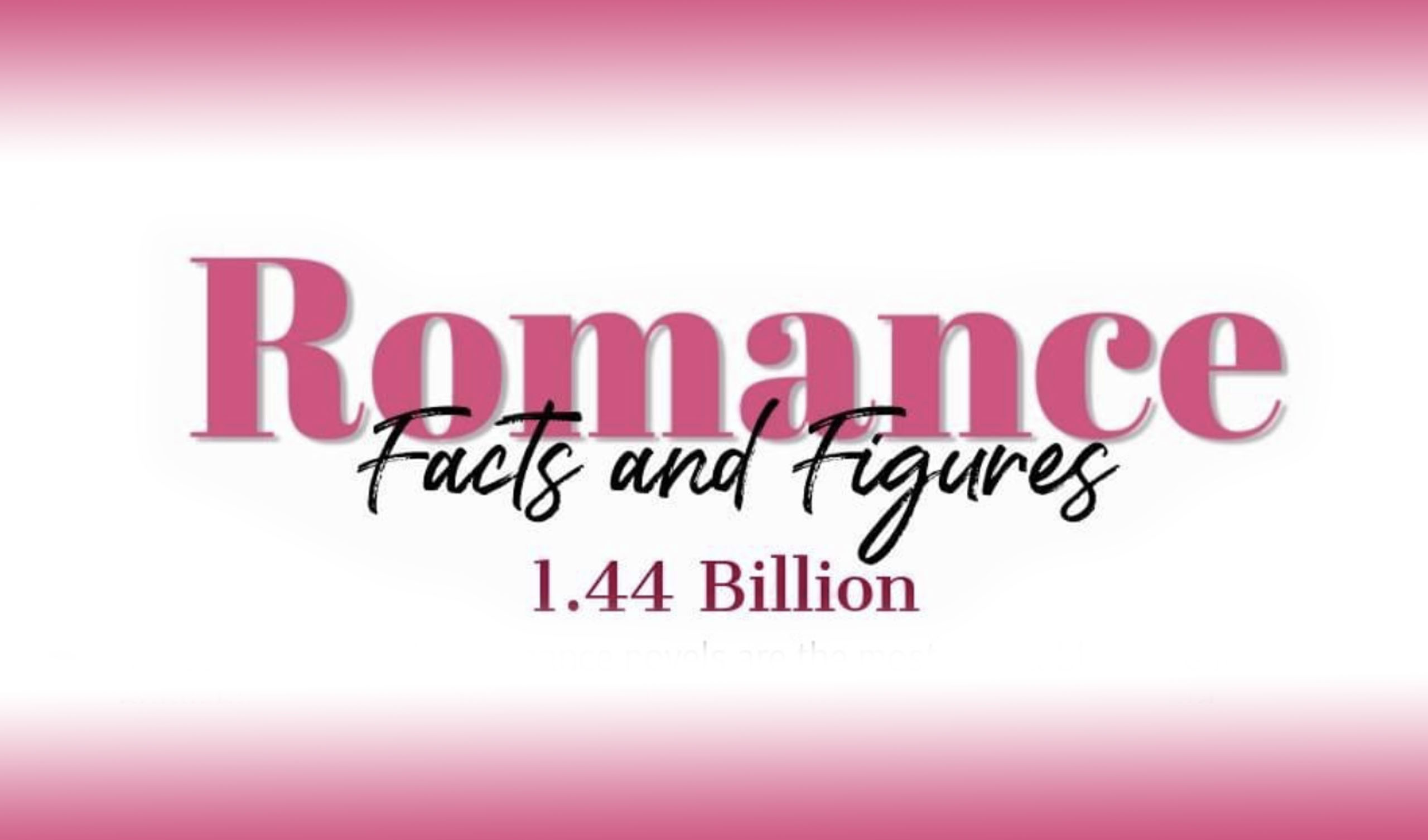The Vancouver Sun ran a piece by columnist Susan Schwartz this morning with the header “Apologies Often Remedy the Situation but Timing is Crucial.” A thought-provoking story as I’ve often mourned the demise of apology, blaming it on our increasingly-litigious culture. Politicians and CEOs are famous for this strategy: “Don’t apologize, don’t explain,” in order to avoid an expensive ruling against them. (Now maybe this makes good business and/or political sense. I wouldn’t know. Maybe it’s a male thing. Again, out of my experience pool.)
And thus what should be a simple “I’m sorry” gets mangled into the weasely “Mistakes were made,” or the pompous “I regret that such-and-such occurred” sort of dodging.
Translation: “Mistakes were made… but not by me,” and “I regret that such-and-such didn’t occur on your head sooner… and from the cloaca of a low-flying gull.”
People screw up, it’s a fact. And, except for the sociopaths among us, we feel uncomfortable when we screw up. Lower on the totem-pole of worthiness. 
Of course, if you’re Mennonite, or a woman, or worst of all, a Mennonite woman, you might be prone to saying “I’m sorry” as a matter of course, whether you’ve done a bad thing or not, which swings the pendulum of accountability in the opposite direction, but with no better results.

More fun family traditions!
An insightful therapist once pointed out to me that that phrase “I’m sorry” is completely focused on the offender. Taken to the full Menno-Monty, it goes something like this: “I’m sorry, I’m such a loser, I’m the worst person ever, I don’t know what’s wrong with me, I try and I try but I …” (dissolve into racking, mucous-filled tears).
In this Menno-Monty martyrdom scenario, the offender slyly regains power by making themselves appear long-suffering victims of their own baseness and how mean are you to point this out! When in fact they’ve learned to rather enjoy the toasty flames tickling their toes.
In fact, Mennos aside, all the offended parties need is some recognition of their own experience. E.g. “It must have been unpleasant for you when I farted into the oscillating fan just as it swung your way. I’m sorry. I’ll aim away next time.” The offender accepts responsibility, while acknowledging the offended party’s feelings and thereby if he/she is very lucky, avoids being booted out of bed.
Maintaining relationship equilibrium is about balance. Party A takes, Party B gives. Next time around Party B takes and Party A gives. One person offends, acknowledges, apologizes. The other calls foul, accepts apology, forgives. No “you owe me,” or tucking it away in that secret bad-deeds bank account we all have.
It’s the golden rule of screw-ups: apologize unto others as you’d have them apologize unto you, because sooner or later, what hits the fan will originate with you. Politicos and CEOs who can apologize? Gems among men. (Okay, or women, but let’s be real.)
Admitting and forgiving, that’s grown-up work.
No need for lawyers at all.
Love Notes from the Lake
Get Roxanne’s latest news here!
Related Posts
Dallas meets The Thorn Birds, anyone? Don't get the reference? Don't worry, you probably don't have grey hair yet! [...]
Picking up the Pace We all know the breathless feeling that comes from a story picking up the pace. Your[...]
Rock Stars I've been publishing novels in the women's fiction (which sometimes includes romance) genre since 2012. And that[...]




